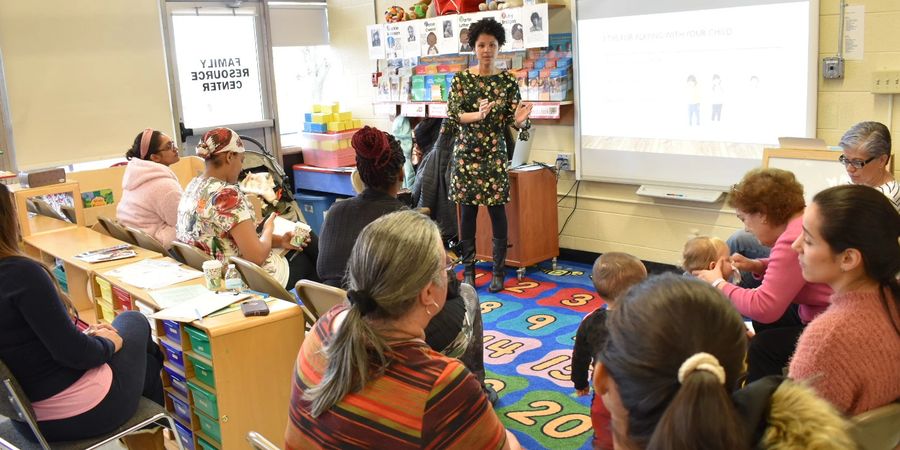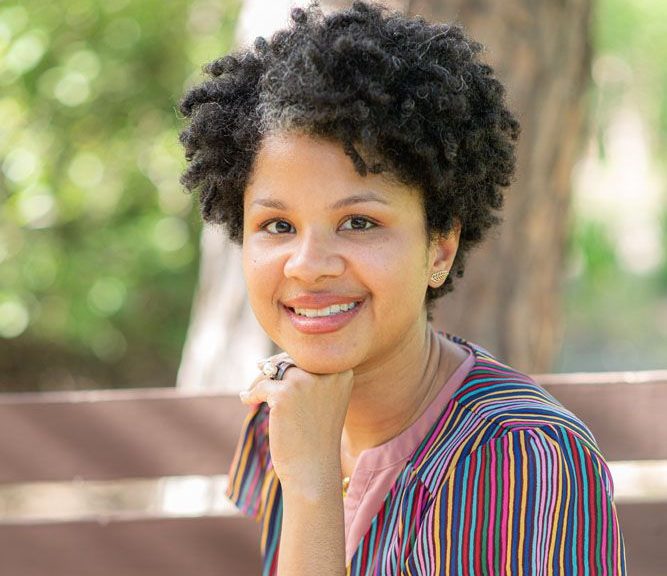During the entirety of the COVID-19 pandemic, Latinos, in particular, have suffered and faced disproportional health and economic impacts. For example, the group is 1.7 times more likely to contract COVID-19 than their non-Hispanic white counterparts and 4.1 times more likely to be hospitalized from COVID-19, and 2.8 times more likely to die from the disease.
The pandemic is taking a toll on mental health. A 2021 Healthy Now survey found that about 60 percent of Americans were more likely to feel stressed, anxious, and/or depressed last fall as compared to 50 percent during the fall of 2020.
On June 5, 2020, Wallingford resident Massiel Abramson launched her online business Massiel Abramson, LMFT Therapy and Consulting. Abramson saw the opportunity during the pandemic to support people with their mental health.
“I have an entrepreneur spirit and it’s always been my calling to increase communication among individuals when it comes to mental health needs,” said Abramson.

Abramson felt compelled to support a world struggling with social justice issues, isolation, and interpersonal conflicts. Her business provides mental health treatment, consultation, and coaching services.
“I see myself as the cousin, a Latinx Mary Poppins, you didn’t know you had, bringing an afro-centric, family-focused, and strength-based perspective. I bring humor, creativity, and playfulness to my work,” said Abramson.
She approaches therapy by addressing an individuals’ problems through family history and the community, she said.
Coming to the United States from the Dominican Republic at the age of 5, Abramson speaks fluent Spanish and provides services in both languages.
“I bring my cultural humility and pride into the work that I do,” said Abramson. “I find that my background and culture bring more people into the conversation, and I am able to highlight the need for all of us, American born or immigrants, to know ourselves from a cultural perspective,” she added.
Another motivation for starting her business came after the police killing of George Floyd in Minnesota in 2020, an event that caused protests nationwide. As a person of color, Abramson felt the need to help with issues involving race and discrimination, she told the Latino Communities Reporting Lab.
“In these recent times, we are being challenged on how much we are willing to push for change and equality,” Abramson wrote in Reflections of an Afro-Dominicana Family Therapist in 2017. “As an Afro-Dominicana, my silent torment has manifested in many different ways — from overly proving my worth at the workplace to graciously deflecting unwelcome advances and even chemically straightening my hair.”
She said that as a family therapist, she’s come to appreciate and value the power of “our narratives” and reflect on those stories during times of transformation. “More specifically, the stories that intersect with the different parts of my identity”, she said. “Through that intersectionality, she has come to explore and expand her “reflective capacity” — the ability to find different ways to process the choices “we’ve made and the circumstances we are dealt with.”




